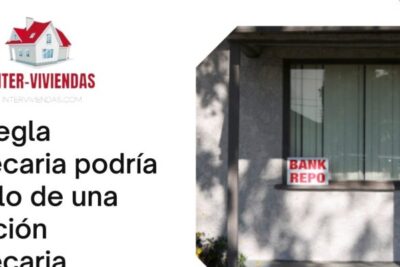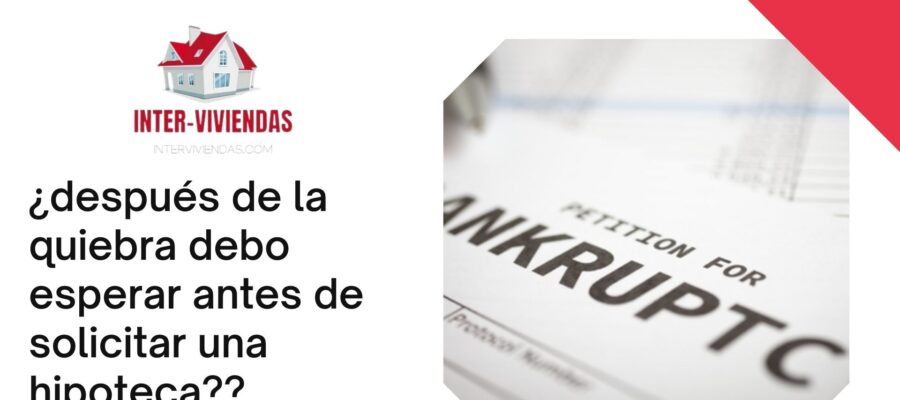Since the start pandemic, millions of Americans have lost their jobs and many homeowners are struggling to make mortgage payments .
About 3% of residential mortgage borrowers are now at least four months behind on their payments, more than at any time, including during the 2008 subprime mortgage crisis, according to the Consumer Financial Protection Bureau. “We’ve never seen so many borrowers so far behind on their mortgages,” said Dave Uejio, the bureau’s acting director.
Foreclosure proceedings typically begin within four months, but mortgage lenders have been unable to initiate new foreclosure proceedings over the past year due to an extension of the federal moratorium.
However, for the health of the mortgage industry and the housing market and the broader U.S. economy, this situation cannot last forever, and current homeowner protections are set to expire on July 31, 2021. To stem a wave of foreclosures starting on that date, the CFPB issued a new rule that will go into effect a month later, on August 31, and will remain in effect for the rest of the year.
Lenders will temporarily have to take additional steps before foreclosing on delinquent borrowers. Mortgage companies will only be able to begin foreclosing if the home has been abandoned or if the borrower has not responded to contact for at least 90 days or if they have thoroughly evaluated the borrower and no foreclosure prevention option is feasible.
Banks will be allowed to immediately begin processing foreclosures on any borrower who was 120 years delinquent before March 1, 2020, when the pandemic began causing financial distress.
How can I save my house?
- reinstallation. …
- Make an agreement with your lender. …
- Assistance program. …
- Extremely forgiving. …
- Other options. …
- Private sale. …
- Short sale. …
- Sold before foreclosure.
The new rules also make it easier for mortgage lenders to help borrowers modify their loans. Defaulting homeowners will not have to submit full paperwork for these simplified loan modifications, which will give lenders more flexibility in working with these borrowers. Under the new rules, any loan modification cannot increase the borrower’s payments or extend the loan term by more than 40 years.
The CFPB’s goal
is to avoid “preventable” foreclosures by giving homeowners time to make important decisions about reinstating payments, modifying their loans or selling, said Diane Thompson, a senior attorney at the CFPB. For borrowers who defaulted during the pandemic, “it’s important to understand that they’re going to have to have a plan to deal with this in the near future,” she said. “People need to evaluate their options.”
If you are behind on your mortgage , there are several options you can try now to avoid foreclosure. First, contact your lender and explain your situation. The sooner you contact them, the better your chances of getting help , including a mortgage extension, loan modification, or modifications to the mortgage terms.
Second, you can seek foreclosure avoidance advice through the U.S. Department of Housing and Urban Development (HUD) for more ideas. Third, you can try to sell your home before the foreclosure proceedings begin. The housing market is still hot right now, prices are rising, and inventory is limited, so there’s a good chance you’ll be able to sell it and make enough money to cover the outstanding payments.
If you do not have enough equity, you can ask your lender to conduct a short sale. In any case, involve your lender immediately to avoid the worst consequences.


